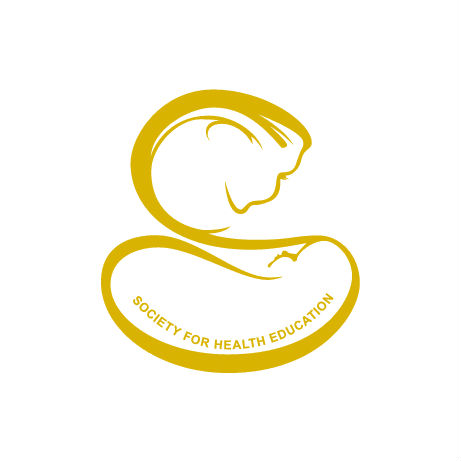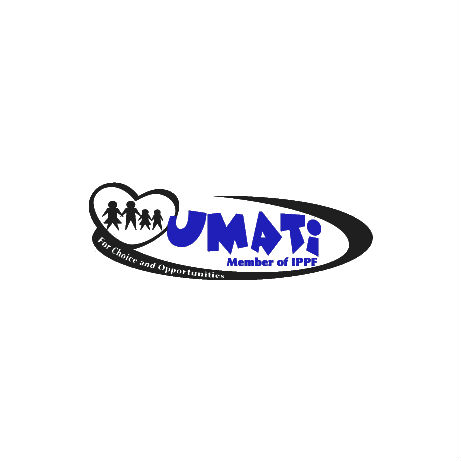

| 31 March 2016
Society for Health Education (SHE) Maldives
Society for Health Education (SHE) is an organization that is proactive in identifying and addressing the crucial health and social concerns of the Maldives. SHE was founded in 1988 by four women with the mission to enhance the quality of life of Maldivian families. The organization embraces the following mandate: Strive to improve the quality of life of the Maldivian people Harness the expertise of national professionals, on a voluntary basis for development programmes Endeavour to raise awareness of health and social issues Today, SHE is one of the largest, most vibrant NGOs in the Maldives which addresses issues concerning Thalassemia, Counselling and Psychosocial Support, Sexual and Reproductive Health (SRH) and Health Education. The organization reaffirms its commitment to sustain these initiatives, and to further increasing public awareness on issues that influence family well-being. Effectiveness of health promotion initiatives are ensured by adopting applicable service delivery mechanisms, fostering improvements in reproductive health parameters, continuing Thalassemia prevention activities, promoting responsible parenthood concepts, facilitating empowerment of women and youth, supporting victims of abuse by providing gender based violence screening services, essential SRH services and psychosocial support and referral services, as well as extending Counselling to adolescents and families, and encouraging community ownership of development. SHE operates an in-house clinic offering a range of services under one roof in the Maldives capital, Male’. The in-house clinic provides three main services; SRH services, counselling and psychosocial services, and thalassemia and diagnostic services. The SRH clinic of SHE has a long-standing reputation for client friendly and quality service provision on SRH and various other general health issues. The clinic conducts mobile outreach activities including awareness programmes targets for Key Affected Populations. Under the HIV and AIDS programme of the clinic, free Voluntary Counselling and Testing (VCT) services are offered to the general public. The Thalassemia prevention programme undertaken by SHE comprises an awareness component along with provision of screening services.The prevention programme aims to reduce the number of thalassemics born in the Maldives by providing testing services to identify thalassemia carrier status and raising awareness of how the disorder is inherited. The first, and only thalassemia DNA testing facility in the Maldives was established at SHE in 2005 to minimize the number of inconclusive results. The Counselling and Psychosocial services comprises face to face counselling, telephone counselling, and play therapy for young children. In addition to day to day regular services, the clinic conducts several skill development programmes targeting young people, vulnerable populations, teachers and parents. Furthermore, the organization adopts an integrated approach to health education and service delivery and its role includes increasing the accessibility of services and using media for education and communication. This includes collaborating with other Civil Society Organizations and State Institutions that work towards relating to issues on health and well-being. The society runs outreach programmes and mobilizes voluntary support to develop projects and to maintain and enhance service provision. With this number of services, SHE reaches over 5000 people of the population of the Maldives yearly. The success of the organization depends on the unreserved commitment of the organization’s members, volunteers, and staff. SHE strives to raise the bar higher at every opportunity, to ensure that the organization could progressively add greater value to clients and stakeholders, thereby uplifting the community’s general wellbeing.

| 31 March 2016
Uzazi na Malezi Bora Tanzania
Chama cha Uzazi na Malezi Bora Tanzania (UMATI) is an autonomous, non-political national NGO providing Sexual and Reproductive Health and Rights (SRHR) information, education, and services in Tanzania. It was established in 1959 and became a full IPPF Member Association in 1973. Since then, it has developed a comprehensive range of sexual and reproductive health (SRH) services for Tanzanian young people. UMATI invests in the provision of gender responsiveness SRH services youth and women empowerment, and evidence-based advocacy through result-based projects implemented in 20 regions in Tanzania Mainland, and Zanzibar. UMATI recognizes that AGYW and ABYM experience different health needs and risks especially those related to HIV, STIs, and sexual gender-based violence. UMATI’s SRH programmes are developed based on the unmet need and government priorities and its SRH and FP service delivery has always been targeting the hard-to-reach communities, socially excluded and under-served people especially women, girls, and young people, and the key population. UMATI empowers adolescents and young people (10-24) to realize and demand their SRHR for effective utilization of the services. The Association, through the Comprehensive Sexuality Education (CSE) approach, reaches young people with knowledge, skills, and Social Behaviour Change Communication (SBCC) messages to freely access services at UMATI clinics, youth centers, and selected government facilities. Different approaches are used to reach adolescents and youth such as peer education sessions, IEC/BCC Materials, debate, health talk/dialogues, folk media, social media, radio, TV, e-sessions, community forum/dialogues, community meetings, and SRH service outreaches. UMATI collaborates with the Ministry of Health and Local Government Authorities to provide SRH services through 943 service points which include its own 5 permanent clinics and seven youth centers and support 391 community-based distributors/community-based services (CBDs/CBSs). UMATI’s SRH programmes are effectively maintained and delivered by 76 committed staff, 340 peer educators and a youth action movement membership of 400 activists. UMATI receives funding support for its programmes from donors and partners such as Youth Incentives, Pathfinder International, PLAN International, UKAIDS, She Decides, UNICEF, UNFPA, Bills & Melinda Gates Foundation, Health Action International, SIMAVI, BERGSTROM Foundation, ZENSHO, and ActionAid Tanzania.







